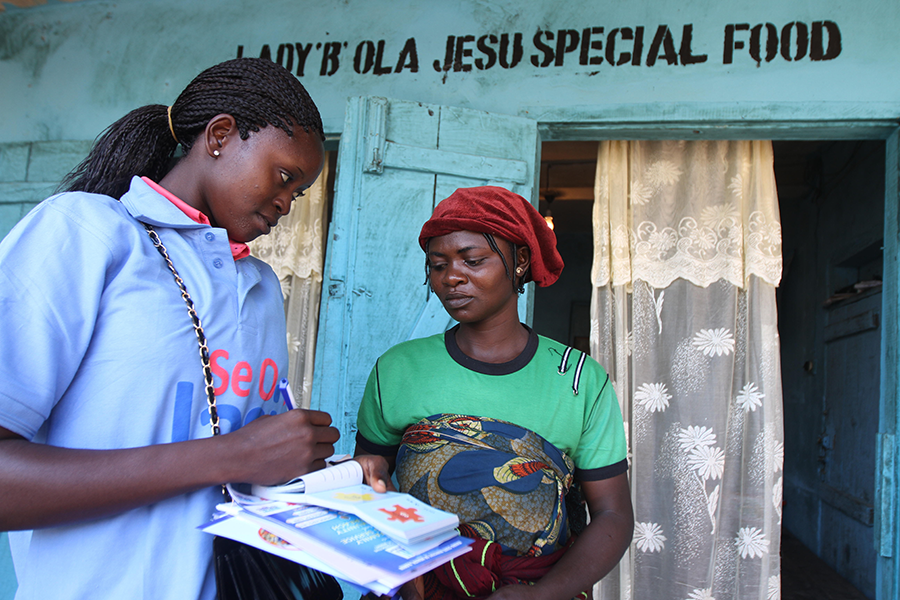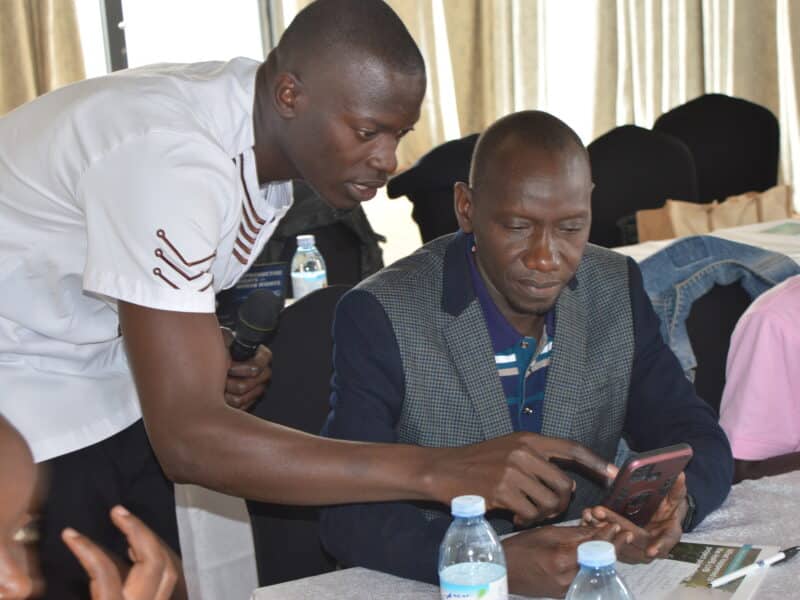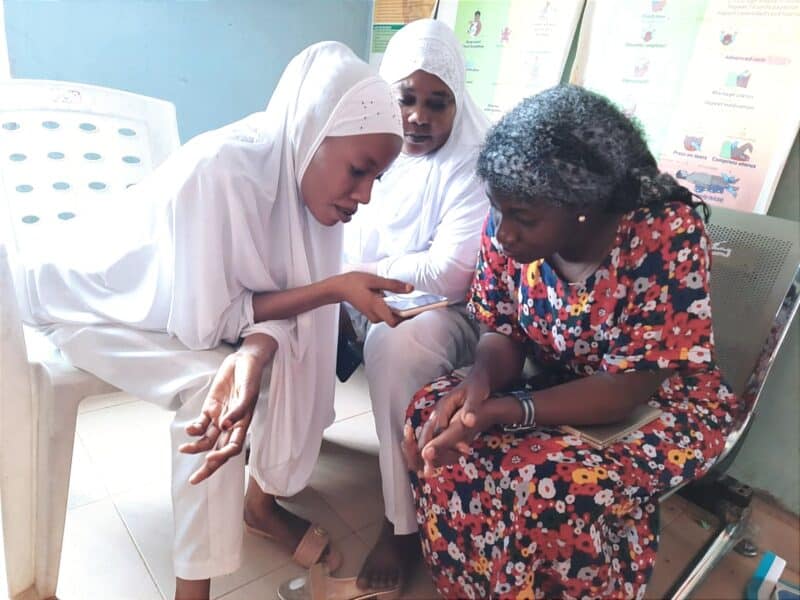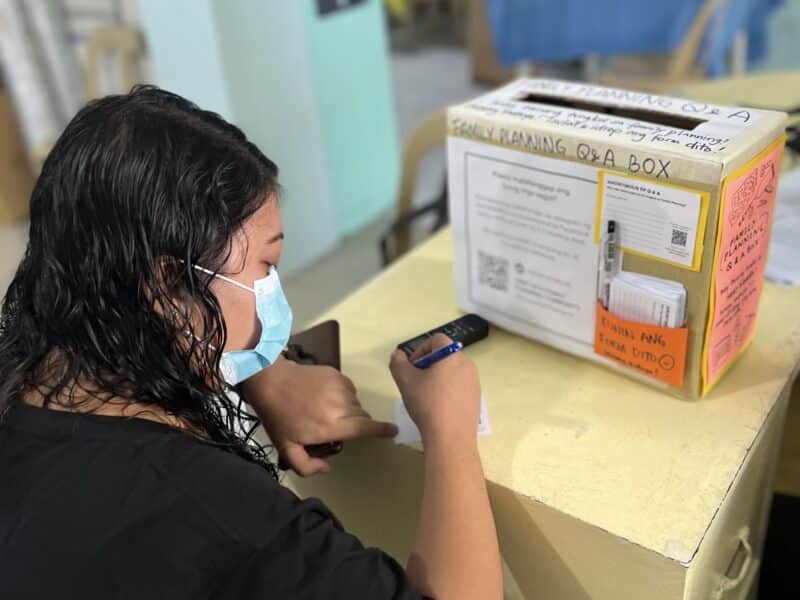Having too many children is not good. Everyone knows his capacity, and I think it is necessary to limit your childbirth to what your capacity can take you. God will not come down from heaven to help.”
—From a CCP interview with a 24-year-old Nigerian wife with two children.
In the cities served by the Nigerian Urban Reproductive Health Initiative (NURHI), people approve of the idea of planning their lives and their families. And yet, there has been little demand for contraception. For that reason, communication is central to NURHI, a six-year family planning program (2009-2015) in four Nigerian cities designed to improve the quality of family planning services, increase demand for family planning, and advocate for an improved policy environment.
A new article by CCP staff describes how NURHI interventions increased modern contraceptive use in each city by a range of 2.3 to 15.5 percent. NURHI is “demand led,” meaning all interventions, including service delivery improvement, are designed with an eye to using communication to reach potential family planning users. The success of the approach leads the authors to conclude that in places where the initial demand for contraceptives is low, similar demand led programming may be effective.
Guided by the theory of ideation, NURHI fuels demand using radio dramas and call-in shows, television, social mobilization and other channels. Messages are crafted to change knowledge, attitudes, beliefs and behaviors among women and men of reproductive age; service providers, themselves, as well as policy makers and traditional and religious leaders.
When demand for family planning methods increases, the supply rises to meet the demand, the authors concluded. Once a community embraces new beliefs about family size, the cycle of demand and supply for contraceptives will become, and “family planning will become an ordinary part of family life.”
Link to study in Global Health: Science and Practice: https://bit.ly/1zX24uP
The research, strategies, and materials used to design and implement NURHI can be found at www.nurhitoolkit.org.
For copies of the baseline and midterm questionnaires, see the MLE project website at: www.urbanreproductivehealth.org/





